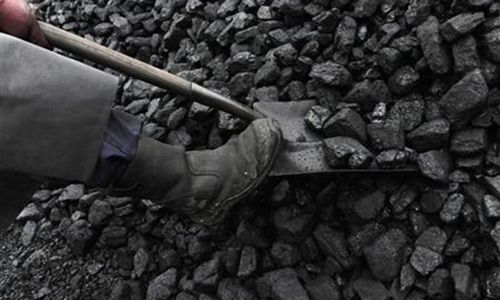SHANGHAI: China’s pledge to stop building coal-fired power plants overseas could cull $50 billion of investment as it slashes future carbon emissions, analysts said.
Chinese President Xi Jinping said in a pre-recorded address at the United Nations General Assembly on Tuesday that China would help developing countries build green energy production and halt construction of coal power plants abroad.
China has been under international pressure to announce an end to overseas coal financing as part of its updated package of national climate pledges to be submitted to the United Nations.
Beijing is the largest source of financing for coal power plants globally, and Xi’s announcement will have a far-reaching impact on coal power expansion plans in countries like Bangladesh, Indonesia, Vietnam, Pakistan and South Africa.
Over 20 China-funded coal power plants are under construction in several countries, including Pakistan
The announcement could affect 44 coal plants earmarked for Chinese state financing, totalling $50bn, according to Global Energy Monitor (GEM), a US think tank. That has the potential to reduce future carbon dioxide emissions by 200 million tonnes a year, GEM said.
“China’s announcement is one of the most significant developments on the climate front this year, as it may well mark the end of international public financing for coal plants,” said GEM’s coal programme director, Christine Shearer.
“We’ll find many countries turning to alternative sources of power generation instead, and hopefully they are supported to ensure it’s clean energy.”
Environmental groups also said it would force big coal financiers like the Bank of China, linked with 10 gigawatts of overseas coal power capacity, to draw up a timetable to withdraw from the sector.
China’s pledge followed similar moves by South Korea and Japan this year, turning off the taps of the last three major public financiers of overseas coal power plants.
It came hours after US President Joe Biden vowed to double spending on helping developing nations deal with climate change, to $11.4bn by 2024, as world leaders put down markers ahead of the COP26 United Nations climate change summit starting in November.
Despite widespread optimism about Xi’s announcement, his carefully worded statement revealed few details and left room for existing projects to continue.
There are more than 20 China-financed coal-fired power units under construction in South Africa, Pakistan, Indonesia, Vietnam, Bangladesh, Zimbabwe, Serbia and United Arab Emirates, according to data from the Boston University Global Development Policy Centre. Another 17 are in the planning stage.
“The details of the overseas coal exit have not been defined yet, including timetable, eligibility, and separation between public and private financing,” said Yan Qin, lead carbon analyst at Refinitiv, a financial data provider.
“But I am less worried about the details. When China’s leader announced this goal, the statement can be this simple and short, but it will be implemented thoroughly.” The new commitment also doesn’t address China’s plans to expand its own coal-fired power plants.
China’s domestic programme accounts for more than half of all the coal-powered plants under construction throughout the world, according to a report published this month by E3G, a European climate think tank.
While Xi has promised to “strictly control” new domestic coal power capacity over the 2021-2025 period, the country will not begin to reduce coal consumption until 2026.
“With the new direction set for overseas coal, China needs to work harder now on its domestic coal addiction,” said Li Shuo, senior climate adviser at Greenpeace. Published in Dawn, September 23rd, 2021














































